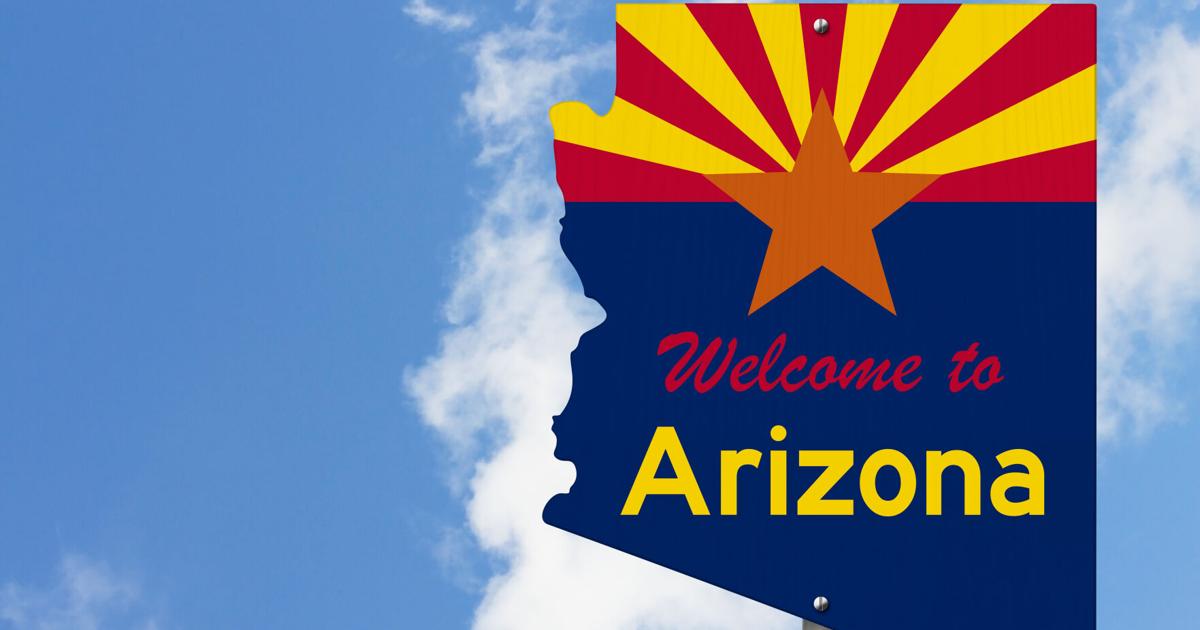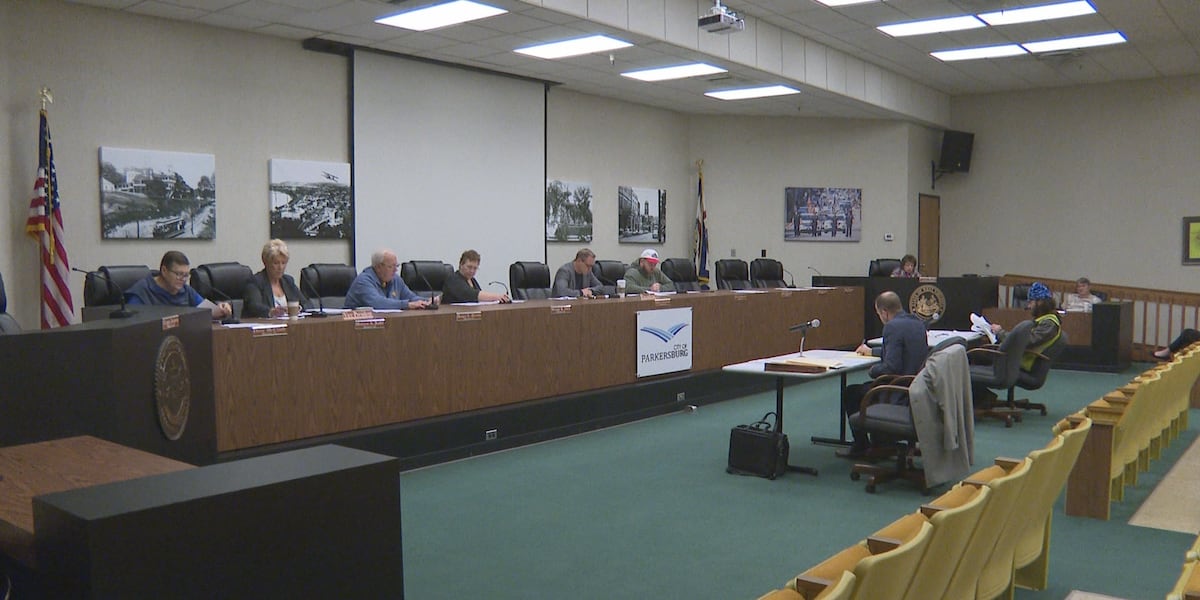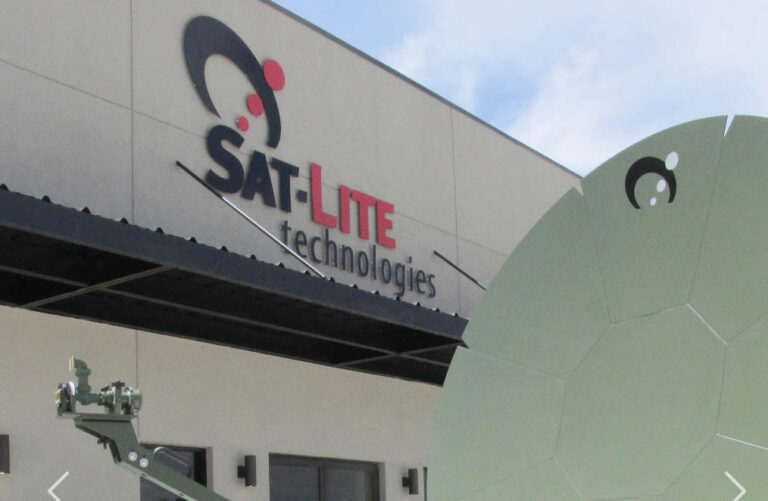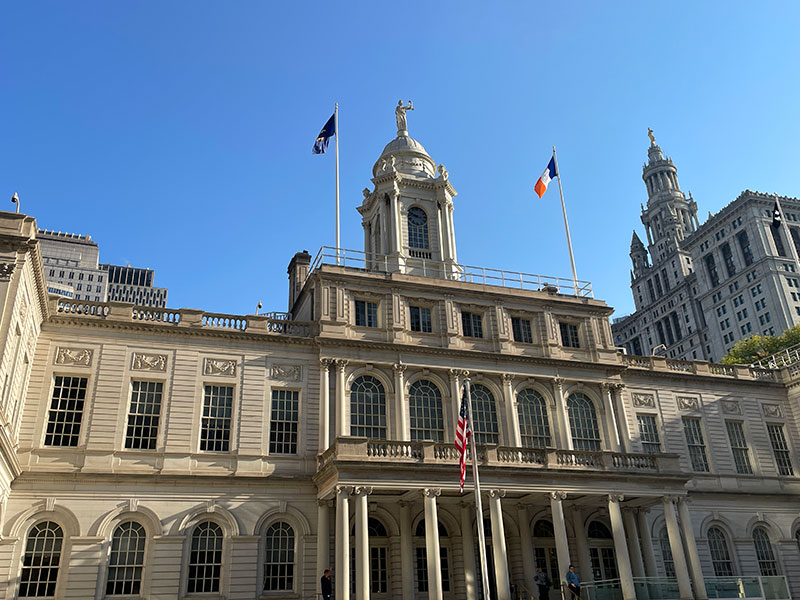Amazon, one of the world’s biggest companies, is moving forward with plans to build a distribution center on Kaua‘i that stands to bring economic benefits, such as jobs, along with economic tolls, such as stiffer competition for local merchants, while speeding up package deliveries to local neighborhoods.
A real estate development firm has plans to buy 14.6 acres in Līhuʻe to develop the 42,000-square-foot metal warehouse and distribution facility that would operate around-the-clock in the up-and-coming Ahukini Business Park.
Grove Farm, a major Kaua‘i landowner, is developing the business park just north of Līhuʻe Airport to include 40 smaller industrial lots. It’s expected to open in late 2026.
The real estate firm behind the project is Phoenix-based BH DevCo, which specializes in large e-commerce distribution facilities and has developed Amazon warehouses in Las Vegas, New Mexico and Oregon.
BHD Land Development, a subsidiary, is under contract to purchase land from Grove Farm for the project, according to a zoning permit application approved by the county Planning Department in August. A building permit required for construction has not yet been issued by the county.
Amazon representatives did not respond to requests for comment.
Kauaʻi County Councilman Addison Bulosan, a volunteer community organizer for the Rice Street Business Association, said he’s concerned a faster, more efficient Amazon delivery service on Kauaʻi will further shift shopping patterns in a way that pushes out local entrepreneurs. He also understands that the high cost of goods on the island is hurting families, and the arrival of a cheaper marketplace may be helpful.
“In the same breath of saying, ‘Hey, everyone, support local,’ we understand that our regular people in our community have got to make financial decisions that allow them to continue to call Kauaʻi home,” Bulosan said. “And part of that might be going for the $2.50 price for a product on Amazon versus a $5 product that was handmade on Kaua‘i. The RSBA is not in the business of shaming people for that.”
The development is expected to generate 169 full- and part-time jobs, including 62 on-site employees, 25 delivery van drivers and up to 82 additional flex drivers who will use personal vehicles to deliver packages. The average hourly wage is expected to be roughly $20.50. Benefits include health coverage, paid parental leave and up to $5,250 in annual college tuition through partnerships with Honolulu Community College and the University of Hawaiʻi.
Since 2010, Amazon has invested over $800 million in Hawaiʻi. Last year the company significantly expanded its Hawaiʻi footprint, opening its first distribution center in the state on O‘ahu. The $200 million Sand Island facility in Honolulu, with three stories and 595,000 square feet, dwarfs the size of the proposed Kauaʻi facility. The company also recently bought 49 acres in Kapolei.
Amazon employs more than 1,000 Hawaiʻi residents, and more than 1,500 independent Hawaiʻi businesses sell their products on the platform, according to the company.
In 2021, Amazon partnered with the Council for Native Hawaiian Advancement to launch Pop-Up Mākeke, a showcase of small businesses in Hawaiʻi.
On Kauaʻi, Amazon’s chief competitors are Walmart and Target, which opened its first store on the island in 2021.
Kauaʻi Chamber of Commerce President Mark Perriello said he worries about a repeat of a pattern that played out when big box stores moved into small towns across America in the 1980s and ‘90s, leading many small businesses to close.
“I hope the same doesn’t happen to the big box stores here when Amazon moves in because they’re such important gathering places for our community,” Perriello said. “It’s where you run into everyone. You catch up on conversations. And I hope that Amazon doesn’t take that away.”
Tanaka Store, a family-owned hardware store in Līhuʻe since 1915, is bracing for impact.
“They’re our competition whether we like it or not,” Lori Koga, the hardware store president, said. “Now they’re going to be in our backyard.”
The store, in many cases, can’t beat Amazon’s low prices. Faster delivery times will only intensify the rivalry between the brick-and-mortar store and the global e-commerce site.
But Koga is quick to point out that Tanaka Store offers many things that Amazon does not. The company makes custom tools in its own fabrication shop. Experienced staff answer customer questions on the spot.
“Whether I’m helping them with a 35-cent washer or a $500 toilet, you get the same attention and service,” Koga said.
She also doesn’t want to be a hypocrite. She, like many Kauaʻi residents, shops on Amazon, too.
“I use it for stuff I cannot find,” she said. “We don’t have a sporting goods store on the island anymore … We don’t even have a Macy’s.”
The proposed Amazon distribution site is within 500 feet of the shoreline and requires a Special Management Area permit. Nearly four acres of the makai portion of the site will stay undeveloped, apart from a proposed fence, and function as a stormwater retention basin.
The site was previously in sugar cane cultivation for more than a century. The area, covered in tall buffalo grass, has been vacant since the closure of the Līhuʻe Plantation in 2000.
Civil Beat’s reporting on Kauaʻi is supported in part by a grant from the G. N. Wilcox Trust. “Hawaiʻi’s Changing Economy” is supported by a grant from the Hawaiʻi Community Foundation as part of its work to build equity for all through the CHANGE Framework.










